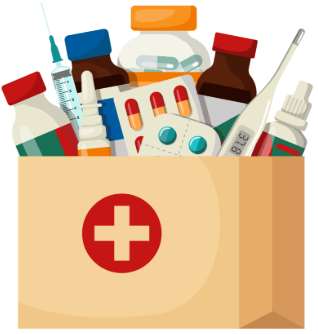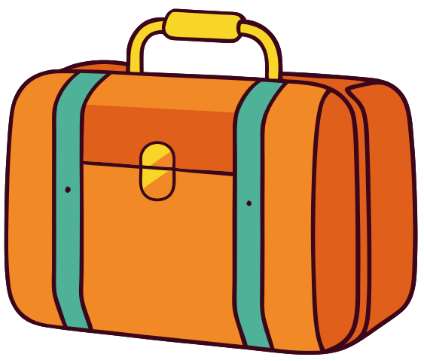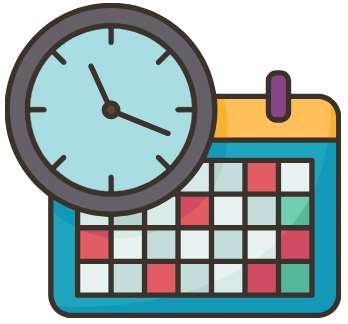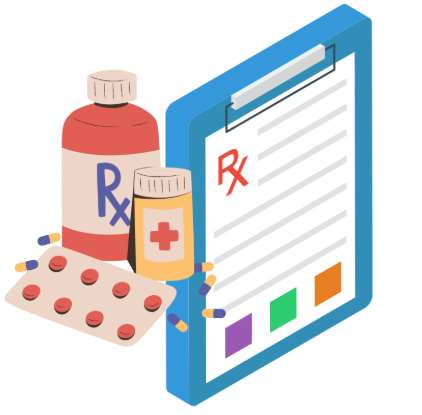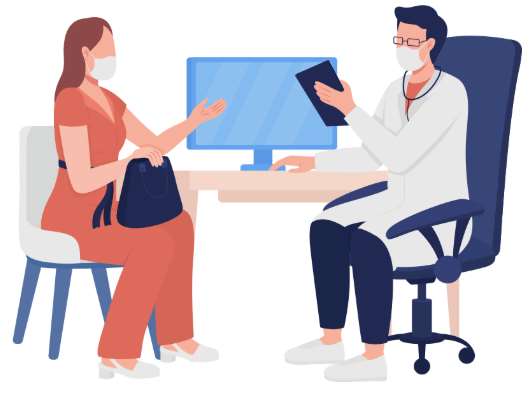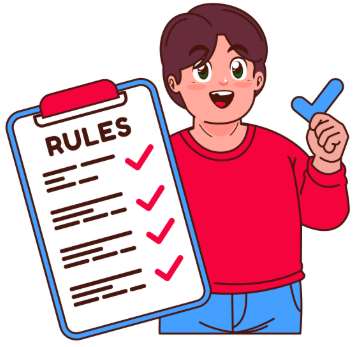Travelling soon? Tips for managing
your medicines while travelling
We all travel for business or vacations. While it can be easy to get caught up
with the preparations, it's important to arrange your medicines and health records
carefully.
We all travel for business or vacations. While it can be easy to get caught up in the
preparations, it is important to arrange your medicines and health records carefully.
The key to safely managing medications while travelling is preparation.
Follow the tips below:
-
Pack all your medicines carefully: Arrange
both regular medicines and those needed for
common ailments separately. Retain original
labels and keep medications in original
containers. Use tamper-proof bags for security.
Additionally, you can maintain a small notebook
with the name of the medicine and its purpose.
-
Keep some stock in your carry-on luggage: Ensure easy access by carrying medicines in
your carry-on. Carry adequate stock for your trip
and place extra in check-in baggage. Store the
medicines in a cool place, avoiding exposure to
heat, direct sunlight, or moisture.
-
Keep your medication schedule: If you are
travelling to a different time zone, it can be
challenging to keep track of your schedule. Set
an alarm on your phone or adjust it to match the
new time zone. Carry a 2-week extra supply plus
a doctor’s letter explaining conditions to
maintain intervals and avoid disruptions.
-
Carry extra stocks: Make sure to carry an
adequate quantity of your medicine, as there
may be situations where your trip gets extended.
Carry a copy of the prescription with generic
names in case you need to buy more.
-
Keep your doctor and emergency contacts
informed: Let your doctor know that you are
travelling; they may advise additional
precautions, such as vaccines. Make sure there is
a way to contact them in case of an emergency.
Carry your health reports, if necessary,
especially for complex conditions. For
international travel, note emergency helplines,
local equivalents, and keep a list of nearby
hospitals or pharmacies.
-
Check the rules: Before you travel, research the
laws of your destination via embassy websites to
ensure that your medicines are allowed to be
carried into that country. Some countries restrict specific dosages or
medications, such as opioids.

